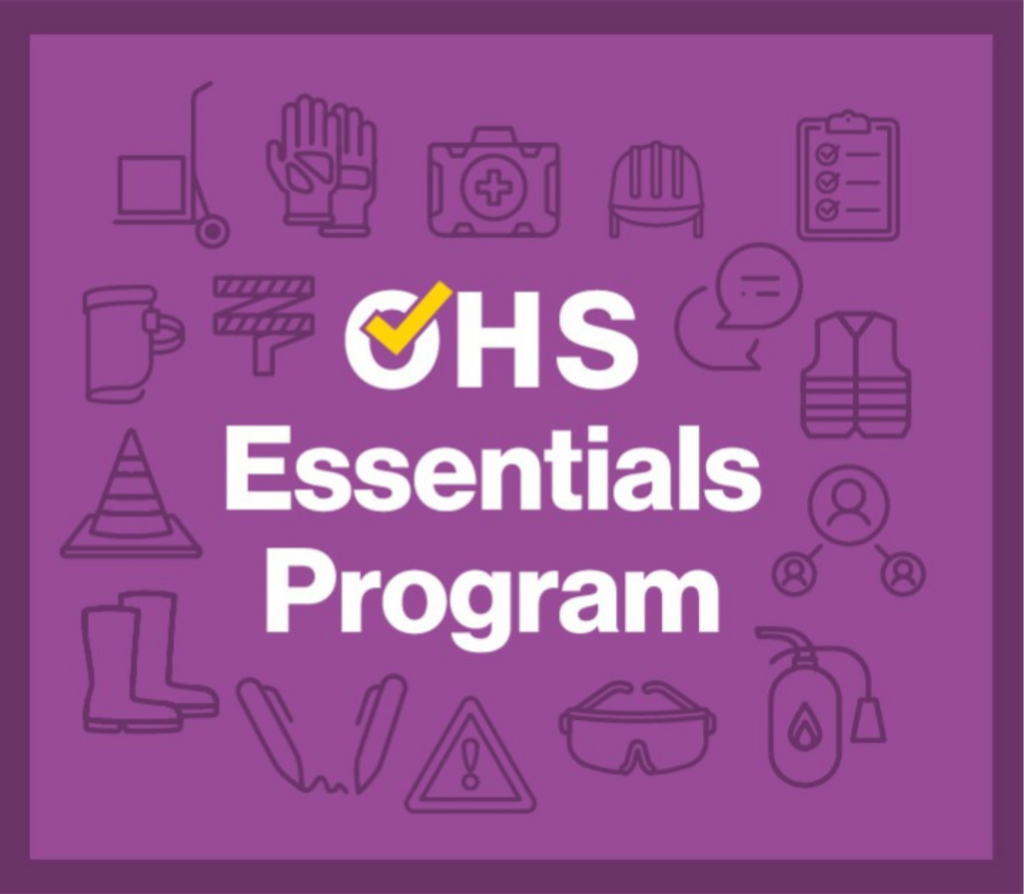In December last year NCVER’s student outcomes survey reported that VET studies had improved employment outcomes for VET graduates and others undertaking VET programs.
As the report found, “in 2022, 65.0% of qualification completers had an improved employment status after training, up 4.4 percentage points from 2021.” In addition, nearly 59% of qualification part-completers “had an improved employment status after training, up 2.7 percentage points from 2021.”
There were job-related benefits
The most common reason for taking a VET program was to get a job, or that it was a requirement of the job. The survey found that for qualification completers and part-completers the most common reason for doing the program was ‘to get a job’ (at 24.0% and 20.7% respectively). In contrast, for short course completers, short course part-completers and subject(s) only completers the most common reason for undertaking the program was that ‘it was a requirement of my job’ (at 35.9%, 48.5% and 51.5%, respectively).
Undertaking some form of course also improved employment outcomes and in 2022 “the proportions with improved employment status after training were:
- 65.0% for qualification completers, up 4.4 percentage points from 2021
- 58.7% for qualification part-completers, up 2.7 percentage points from 2021
- 59.4% for short course completers, down 2.3 percentage points from 2021
- 64.6% for short course part-completers, similar to 2021
- 62.2% for subject(s) only completers, down 2.3 percentage points from 2021.”
So, generally, there were positive benefits, including being employed at a higher skills level or in a better job. Those without a job prior to training also saw a positive benefit, with nearly 50% employed after training if they completed. These results were up by around 6% on 2021 data. For part completers: “47.2% were employed after training, up 8.0 percentage points from 2021.”
As the survey also found, of those employed after training, 78% of qualification completers received at least one job-related benefit, while 69.5% of qualification part-completers received also received benefit, and
The most commonly cited job-related benefit was ‘gained extra skills for my job’, cited by 45.0% of qualification completers and 47.0% of part-completers, followed by ‘got a new job or changed my job’ (34.6% of qualification completers and 25.7% of part-completers).
Satisfaction with training remains high
As always, satisfaction levels were high – around the 90%+ mark – and especially for those that completed a course, short course or subject. In 2022, proportions of students satisfied with the training overall were:
- “88.9% for qualification completers, similar to 2021
- 76.7% for qualification part-completers, down 2.6 percentage points from 2021
- 92.1% for short course completers, similar to 2021
- 89.9% for short course part-completers, similar to 2021
- 92.4% for subject(s) only completers, down 0.7 percentage points from 2021.”
So, why don’t people complete?
While there are a range of reasons for not completing, the main ones are ‘changing jobs or starting a new job’ (19%), ‘personal reasons’ (18.4%) or ‘the training was not as expected’ (11%).
Other matters the paper looks at
The outcomes survey also looks at online learning and the effects of the COVID pandemic on training. In relation to experiences with online learning and satisfaction with it, course completers were generally more satisfied with the quality of the training and the support received than those who were part completers. The survey also gives some attention to outcomes for short course completers; relevant to the increasing interest in skills sets and micro-credentials. This is worth a look if readers are getting into that area.
You can use NCVER’s DataBuilder to explore further
DataBuilder gives you “extensive data on students’ satisfaction with training, reasons for training, and their employment and further study outcomes. You can “filter by a selection of variables (including by state or territory), view the margins of error (to determine the amount of certainty/error in survey estimates) and export their results:
You can look at the overall VET student outcomes for 2022 or just the government-funded student outcomes.








